Lew Rudin and the Rebirth of New York
Bill Rudin and author/historian Seymour Lachman discuss Lew Rudin's legacy to New York City and the city's future growth.
By Suzann D. Silverman, Editorial Director
“The city has to adapt. We have to change; we have to be quick on our feet. … If you don’t adapt, you die.” That was Bill Rudin’s advice during a retrospective conversation about his father, Lew Rudin, and the legacy continued by Rudin Management and members of the Rudin family. The program took place on Tuesday morning at Baruch College in New York City and was presented by The Steven L. Newman Real Estate Institute at the college following the publication of Seymour Lachman’s book Mr. New York: Lew Rudin and His Love for the City. Bill Rudin and Lachman sat down with institute executive director Jack Nyman following comments by former New York City Mayor and Rudin associate David Dinkins and Related Cos. senior advisor Jay Kriegel.
Nicknamed Mr. New York, Lew Rudin founded the Association for a Better New York in 1971 (his son now chairs it) and helped save the city from insolvency, all while developing many of its most prestigious properties. “Long term, we always believed that these investments would be good,” said Bill Rudin, vice chairman & CEO of Rudin Management Co., affirming the company’s commitment to upgrading its existing portfolio and continuing to add properties to it. “My dad always said, ‘Don’t get involved with zoning change,’ “ he added. “I think he’d be very happy to see the end result at the former St. Vincent Hospital in Greenwich Village,” which has been redeveloped into 200 condominiums using no tax abatements.
Bill Rudin led the redevelopment of 55 Broad St. into a technology building in the mid-1990s, an early example that became central to the development of New York’s Silicon Alley and which Rudin is now considering redeveloping again. When approached with the idea of the last renovation, Lew Rudin “said ‘Go for it’ and we risked our capital when nobody knew what technology was,” his son recalled.
That use of “we” is central to the Rudin legacy, observed Lachman, himself a former New York state senator as well as dean of the Hugh L. Carey Institute of Government Reform at Wagner College. With Bill Rudin’s two children working for the company as the fourth generation to do so, “it tells you a lot about the values of the family,” Lachman noted. “They don’t say ‘I,’ they say ‘the Rudin family.’ “



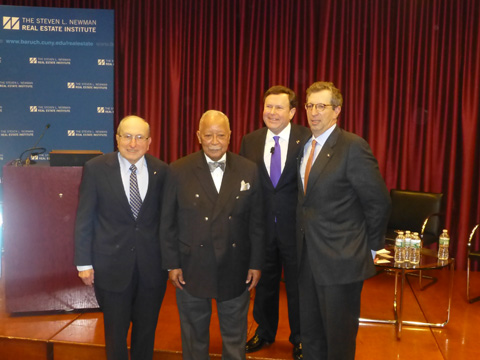
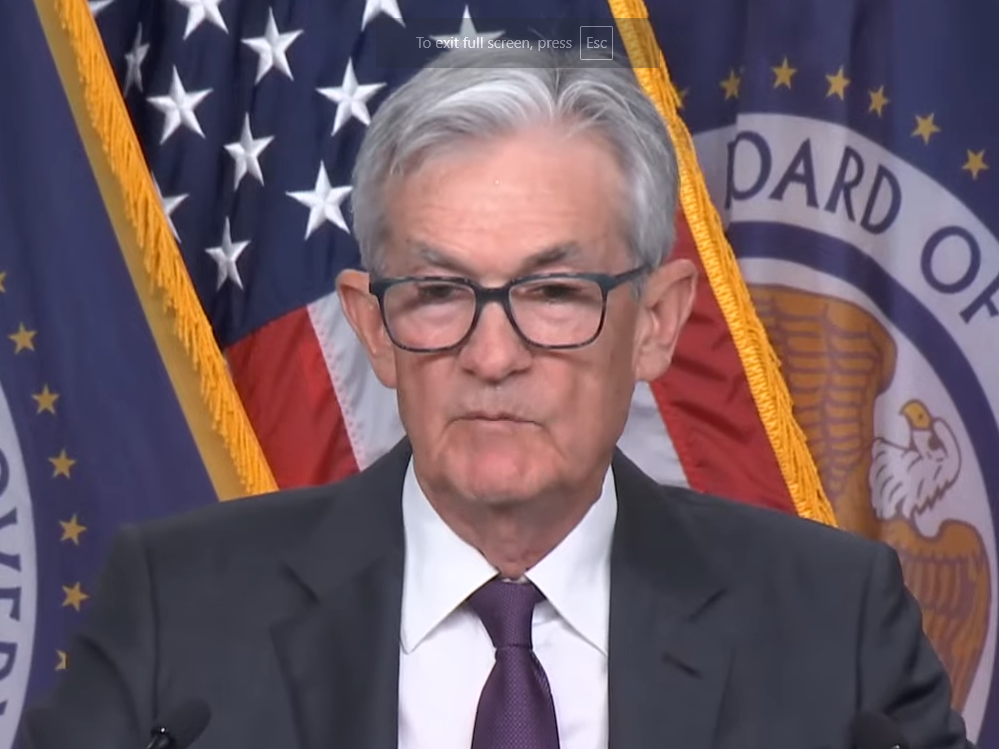
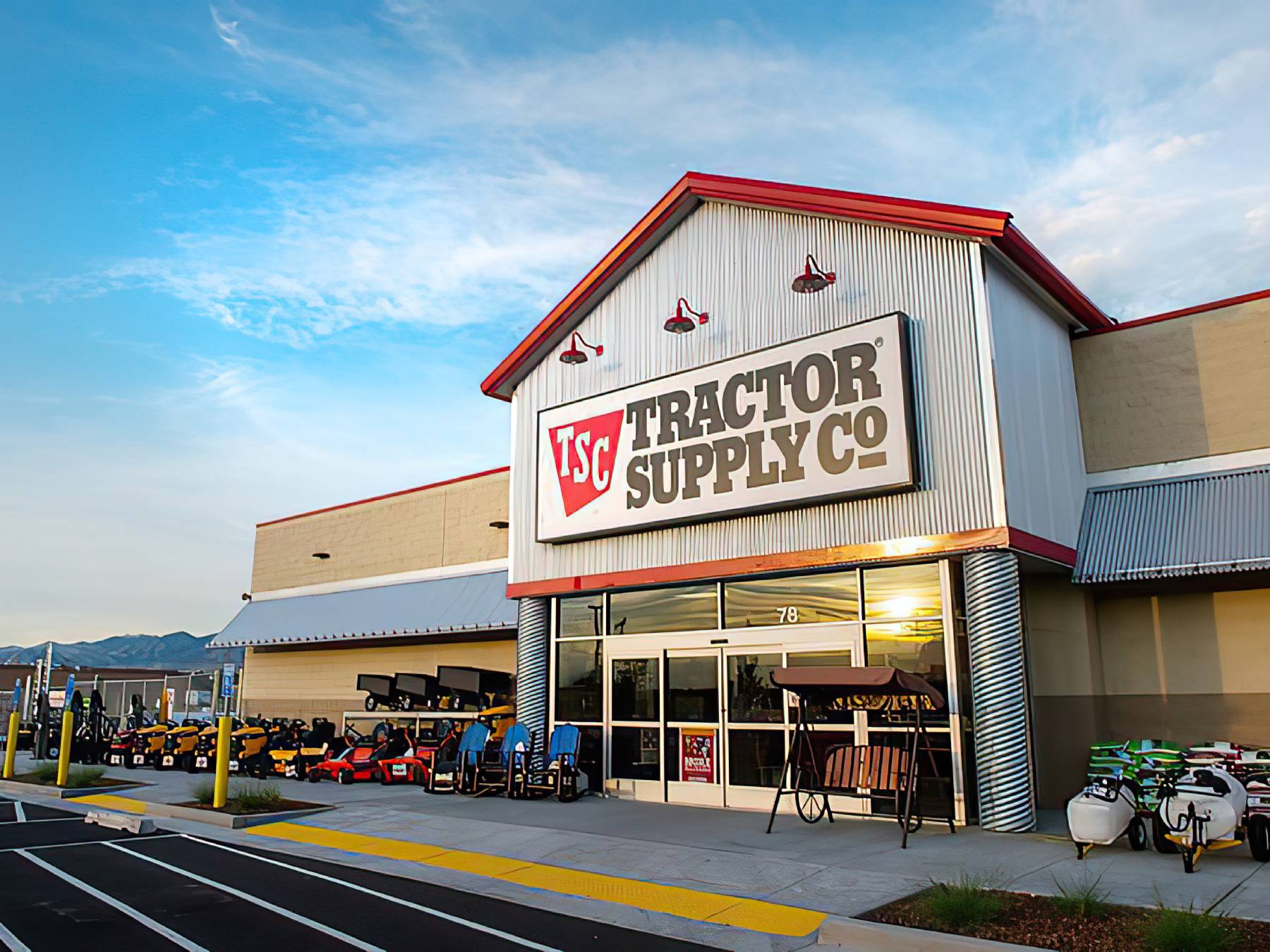


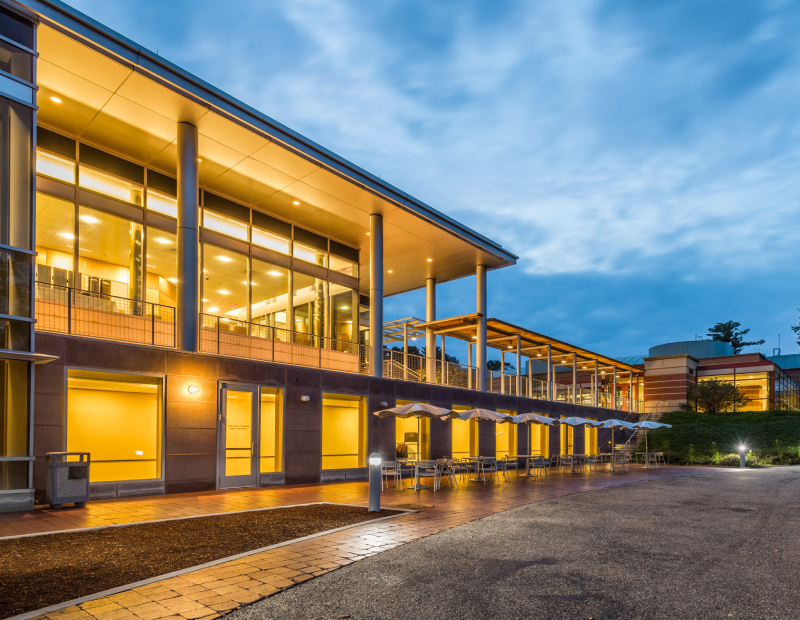
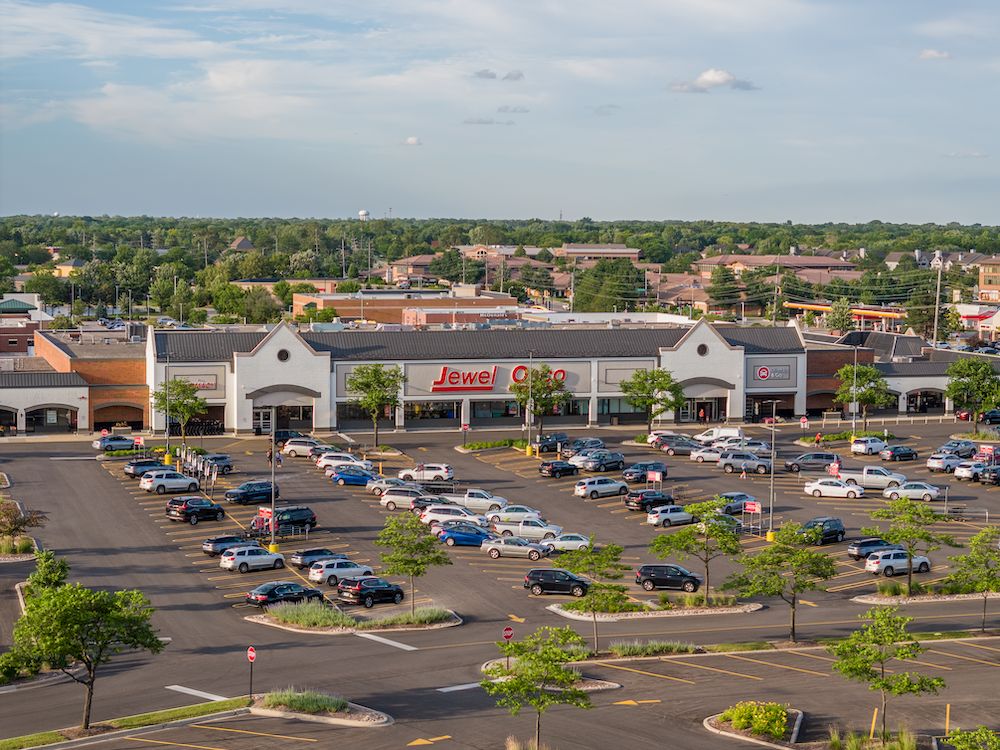
You must be logged in to post a comment.